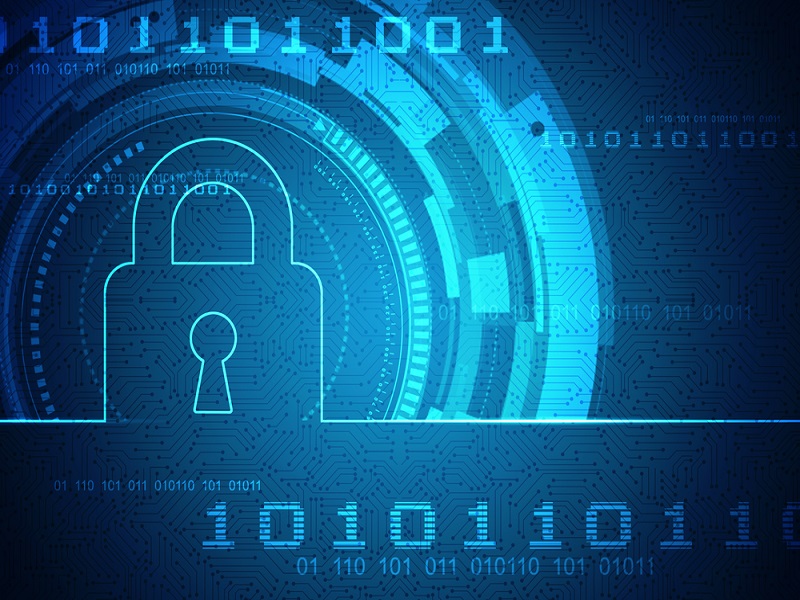On Sunday afternoon at the Money20/20 conference in Las Vegas, a cybersecurity panel discussed challenges facing financial services organizations in preparing for or responding to malicious cyberattacks. Sharing information on ransomeware attack management, panelists argued, is a near necessity for financial services organizations. With organizations facing increasing risk from swarm-like cyberattacks and associated ransom payment demands, panelists urged for organizations to proactively prepare for and manage response strategies to a cybersecurity breach incident.
Also Read: BTCC Aannounces Mobi Wallet at Money 20/20
 Collaboration on response and recovery strategies in handling threats from cyberattacks is needed between a wide array of financial organizations, from banks to payment processors alike. As cyberattacks rise in sophistication, a multitude of million dollar cases detract from the government’s ability to track many smaller attacks. “We won’t even blink at a $100,000 case… You want to have proactive conversations to get law enforcement’s priorities aligned with yours,” said Matt Lavigna, Interim President and CEO of NCFTA .
Collaboration on response and recovery strategies in handling threats from cyberattacks is needed between a wide array of financial organizations, from banks to payment processors alike. As cyberattacks rise in sophistication, a multitude of million dollar cases detract from the government’s ability to track many smaller attacks. “We won’t even blink at a $100,000 case… You want to have proactive conversations to get law enforcement’s priorities aligned with yours,” said Matt Lavigna, Interim President and CEO of NCFTA .
With regulators seeing many attacks with ransomware demands exceeding $1,000,000, smaller players can be overlooked by the federal government’s attempts to aide affected parties. Speaking to this, Kristen Trusko of IRC Advisory, pointed out “If you’re hacked, and it comes out that there’s information you should have known, it is bad. It’s better to look like you’re being proactive.” Organizations should strive to build relationships with law enforcement before they are needed.
Blockchain Technology Can Help With Cybersecurity
 Most of these attacks are not unique, and there are lessons to be learnt from previous attacks. Alan Cohn, Counselor and Strategic Advisor of the Blockchain Alliance, professed the need for blockchain organizations to work with traditional industry players in helping to manage risks. “Involvement in an information sharing environment is going to be a requirement in many organizations” Because repeated techniques are used in the attacks, Europol published an assortment of previously used decryption keys which had solved past attacks, in turn serving as one strategy to mitigate attackers.
Most of these attacks are not unique, and there are lessons to be learnt from previous attacks. Alan Cohn, Counselor and Strategic Advisor of the Blockchain Alliance, professed the need for blockchain organizations to work with traditional industry players in helping to manage risks. “Involvement in an information sharing environment is going to be a requirement in many organizations” Because repeated techniques are used in the attacks, Europol published an assortment of previously used decryption keys which had solved past attacks, in turn serving as one strategy to mitigate attackers.
Blockchain technology does indeed have a potential role in addressing solutions to organizations facing ransomware attacks. Mr. Cohn spoke to the transparent nature of the blockchain and ability for on-chain analysis to identify potential repeat malicious actors, adding, “Blockchain can be used as a foundation for network analysis for payments…Before you go about paying a ransom, reach out to the (blockchain) industry. Reach out to the analytics companies who can do things like tagging coins, tracing transactions, and assisting law enforcement in investigations.” Alliances and collaborations such as these help law enforcement and demonstrate the potential that blockchain analysis has in tracing origins of attacks.
While some will argue that the blockchain is a libertarian paradise, regulators are not going to let the data inherent in a blockchain go uncombed in order to prosecute attackers. Thankfully, collaborating internally as an industry can help create more secure solutions, such as that promised through decentralized blockchain technology, in the future.
What do you think about the increasing risks that banks face from cybercriminals? What can firms do to prepare for cybercriminal attacks? Are current Cybersecurity experts being proactive enough? Share your thoughts below!
Image Source:










